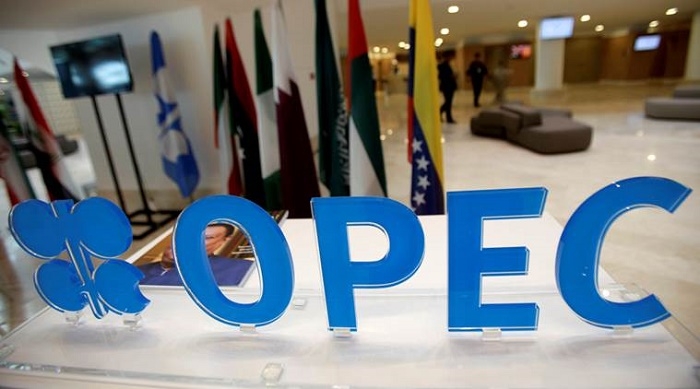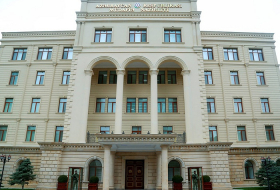The key issue is the compliance level of Iraq which has been around 25 percent in June and July, if this remains low it threatens the whole deal but Iraq has suggested that their compliance in August will be much closer to 100 percent of their promised supply cuts, the expert noted.
Welch pointed out that back in November 2016, this deal was intended as a short term nudge to rebalance the market, it is now looking increasingly likely that this supply cut is almost a permanent necessity.
“This is not what OPEC and the deal members expected, most have ambitions to increase their oil production,” he said.
“But it is still too early to conclude, we need to get to end of 2017 and see where oil stock levels are, how much they have dropped through 12 months of supply cuts and how near stock levels are to the 5-year average, this is the ultimate target of the supply cut deal,” said the expert.
Talking about the Hurricane Harvey, Welch said it is unlikely to have a long term impact, US crude production which is shutdown (or even damaged) will be repaired and restarted.
“Approximately 30 percent of US refineries (5 million barrels per day of crude processing) are shut, so crude consumption is hugely reduced and so refined product manufacture is lower. Therefore crude inventories may build and product inventories are likely to draw. However, US refined product consumption will also be lower due to less driving,” he added.
These are virtually all short term impacts but they will take weeks to return to normal, the expert believes.
On May 25, OPEC member countries and non-OPEC parties, Azerbaijan, Kingdom of Bahrain, Brunei Darussalam, Kazakhstan, Malaysia, Mexico, Sultanate of Oman, the Russian Federation, Republic of Sudan, and the Republic of South Sudan agreed to extend the production adjustments for a further period of nine months, with effect from July 1, 2017.
The reductions will be on the same terms as those agreed in November.
More about:













































